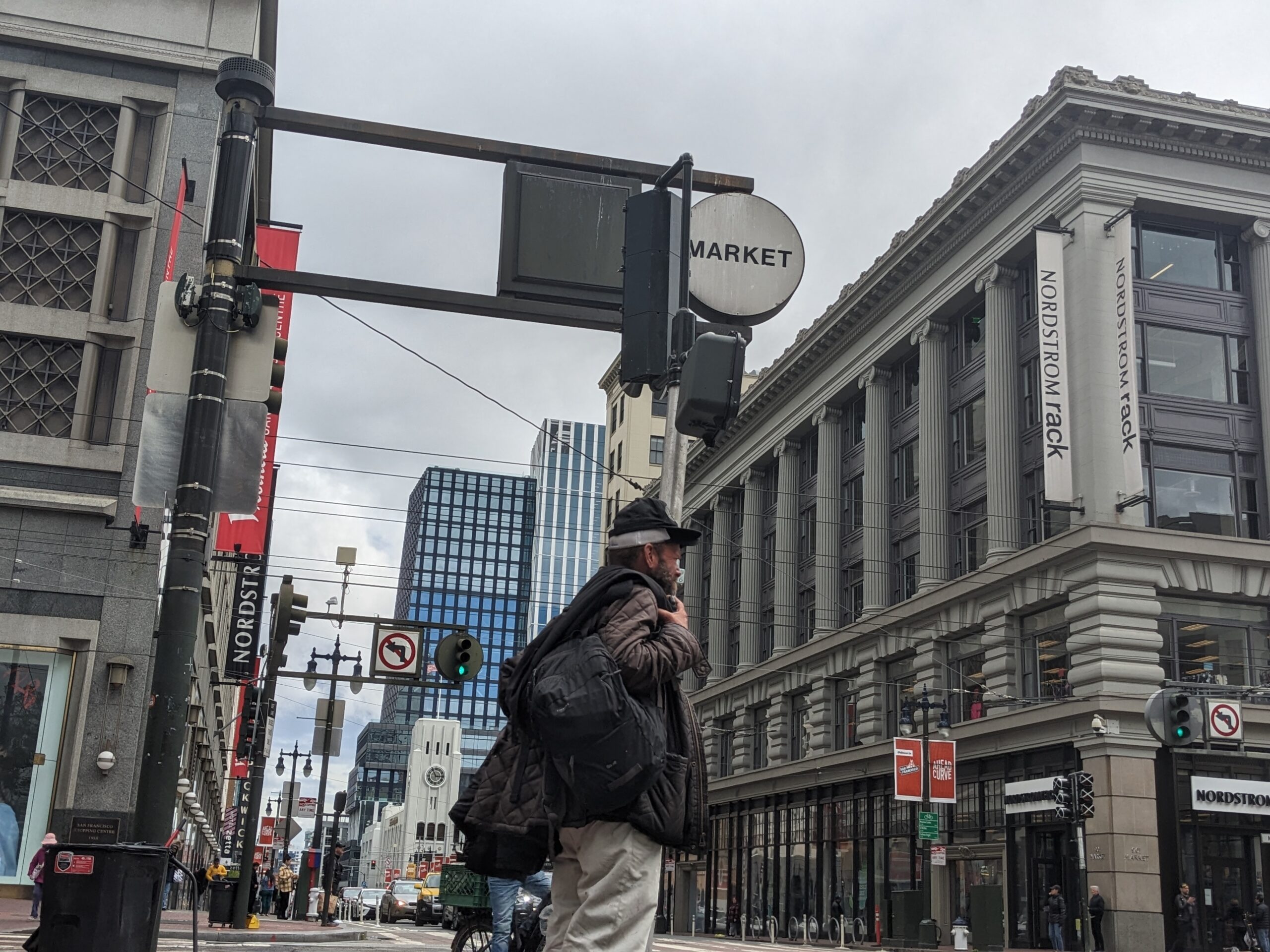The San Francisco Board of Supervisors on Tuesday approved legislation that aims to shore up the city’s beleaguered Downtown by filling empty storefronts and expediting the conversion of underused office buildings into housing.
The bill is a major component of Mayor London Breed’s recovery agenda. Co-sponsored by Board President Aaron Peskin, it amends the city’s planning code to expand residential uses and Downtown office conversions. It also streamlines the review of certain projects, among other changes.
At a committee meeting Monday, Peskin noted that office conversions were only “half the battle” toward the long process of remaking Downtown.
The legislation went through several revisions in committee, including the waiver of certain requirements around transportation and floor area. An amendment also excluded hotel uses from much of the legislation.
Even with speedier project approvals, converting San Francisco office buildings to housing remains a costly endeavor; few developers have explored the option to date.
At an April 3 hearing of the board’s Land Use Committee, lawmakers outlined the need for multiple reforms to make conversions economically feasible; Supervisor Dean Preston voiced concerns that even those reforms would not accommodate low-income housing.
Many say San Francisco’s Downtown is currently caught in a “doom loop” driven by economic knock-on effects of the pandemic, including an office vacancy rate approaching 30% and trophy office towers changing hands at deep discounts.
Just this week, operators of the Westfield San Francisco Centre announced they would abandon the property to their lender after losing Nordstrom as the mall’s anchor tenant, capping off a loss of 46% of their retail tenants over the last three years.
The bill passed Tuesday is one of several legislative efforts to aid Downtown and the city’s overall economy.
Initiatives have included legislation to delay tax increases for retail, food service and other businesses hit hard by the pandemic, an "Office Attraction Tax Credit" for new companies opening in the city and a program called “Vacant to Vibrant,” which provides grants to businesses which open “pop-up” shops and art spaces in Downtown’s empty storefronts.
On a related note, Supervisor Myrna Melgar requested during Tuesday’s roll call that the board’s Budget and Legislative Analyst's Office evaluate the creation of a “business interruption fund” to assist businesses whose operations may be impacted by housing construction on their streets.
